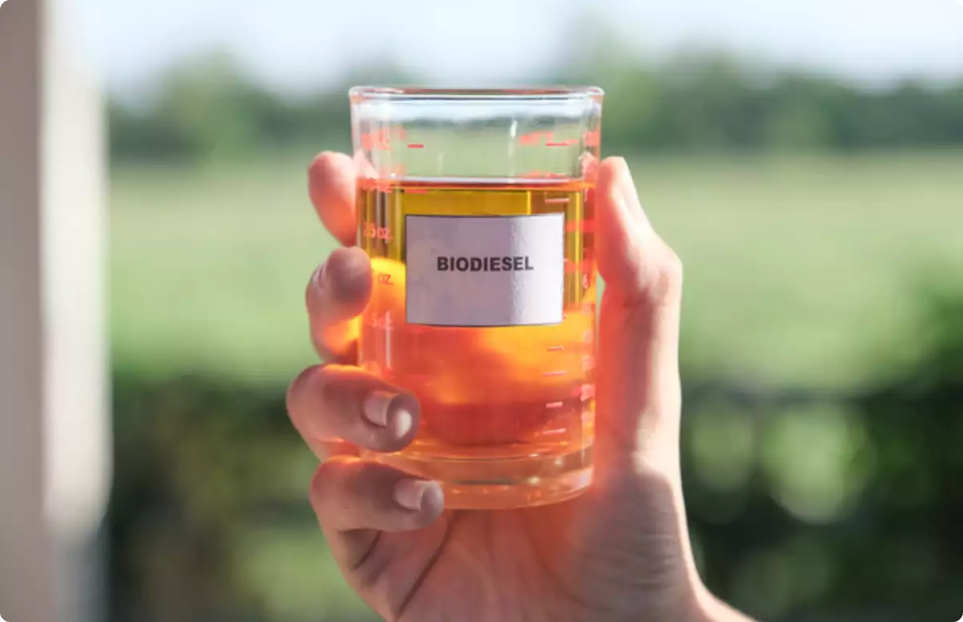
May 31, 2024
The Future of Sustainable Energy: Embracing Biodiesel
As the global community becomes increasingly aware of the environmental challenges we face, the demand for sustainable energy solutions is growing. Among the various renewable energy options, biodiesel stands out as a promising and practical alternative to traditional fossil fuels. Here, we explore what biodiesel is, its benefits, and why it is a key player in the future of sustainable energy.
What is Biodiesel?
Biodiesel is a renewable, biodegradable fuel made from natural sources such as vegetable oils, animal fats, and recycled cooking grease. Unlike traditional diesel, which is derived from petroleum, biodiesel is produced through a chemical process called transesterification. This process converts fats and oils into fatty acid methyl esters (FAME), which can be used as a clean-burning, alternative fuel in diesel engines.
Environmental Benefits of Biodiesel
- Reduced Emissions: Biodiesel significantly reduces greenhouse gas emissions compared to petroleum diesel. It produces up to 80% less carbon dioxide, helping to combat climate change and reduce air pollution.
- Biodegradability: One of the key advantages of biodiesel is its biodegradability. In case of spills, biodiesel breaks down quickly, causing minimal harm to the environment compared to the long-lasting impact of petroleum diesel spills.
- Lower Toxicity: Biodiesel is less toxic than conventional diesel. It contains fewer harmful pollutants, such as sulfur oxides and particulate matter, which contribute to smog and respiratory problems.
Economic and Social Advantages
- Energy Security: By producing biodiesel domestically from renewable resources, countries can reduce their dependence on imported oil. This enhances energy security and supports local economies.
- Job Creation: The biodiesel industry creates jobs in agriculture, manufacturing, and research sectors. From farmers growing oilseed crops to scientists developing new production techniques, biodiesel stimulates economic growth and innovation.
- Rural Development: Biodiesel production can promote rural development by providing farmers with new markets for their crops. This can lead to increased agricultural income and community development.
Performance and Compatibility
Biodiesel can be used in existing diesel engines with little or no modifications, making it a convenient alternative for consumers and businesses. It has excellent lubricating properties, which can extend the life of engines and reduce maintenance costs. Additionally, biodiesel blends (commonly B5, B20) can be used to gradually transition to higher biodiesel concentrations, offering flexibility and ease of adoption.
Challenges and the Path Forward
While biodiesel presents numerous benefits, there are challenges to its widespread adoption. These include the availability of feedstocks, production costs, and competition with food crops. However, ongoing research and development are addressing these issues by improving production efficiency, exploring non-food feedstocks like algae, and developing advanced biodiesel technologies.
Conclusion
Biodiesel is a vital component of the transition to a sustainable energy future. It offers significant environmental benefits, enhances energy security, and supports economic growth. As we continue to innovate and invest in renewable energy, biodiesel will play a crucial role in reducing our carbon footprint and achieving a cleaner, greener world.
At Peliswan Impex Pvt. Ltd, we are committed to promoting and supporting the use of biodiesel as part of our dedication to sustainable energy solutions. Join us in embracing biodiesel and contributing to a more sustainable future.


